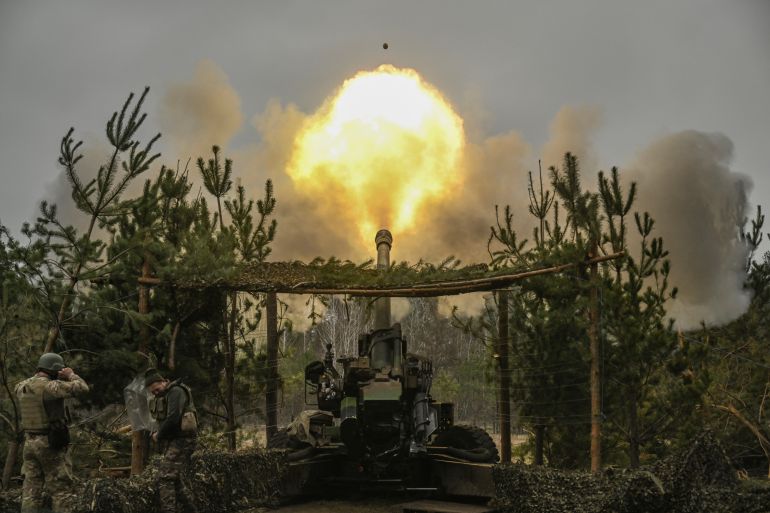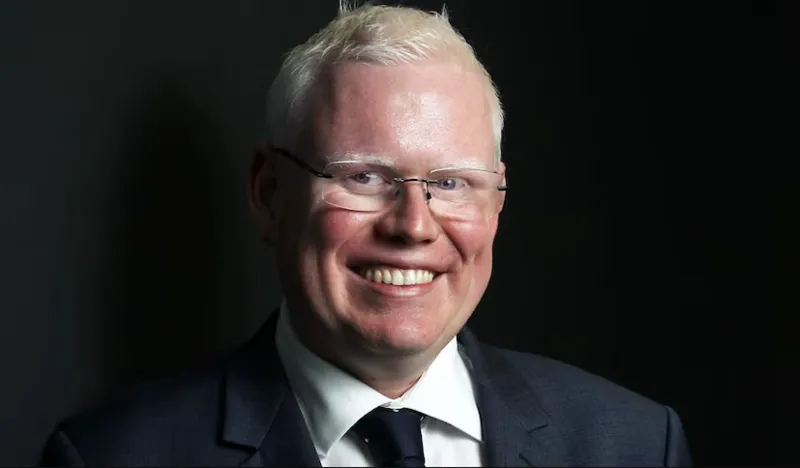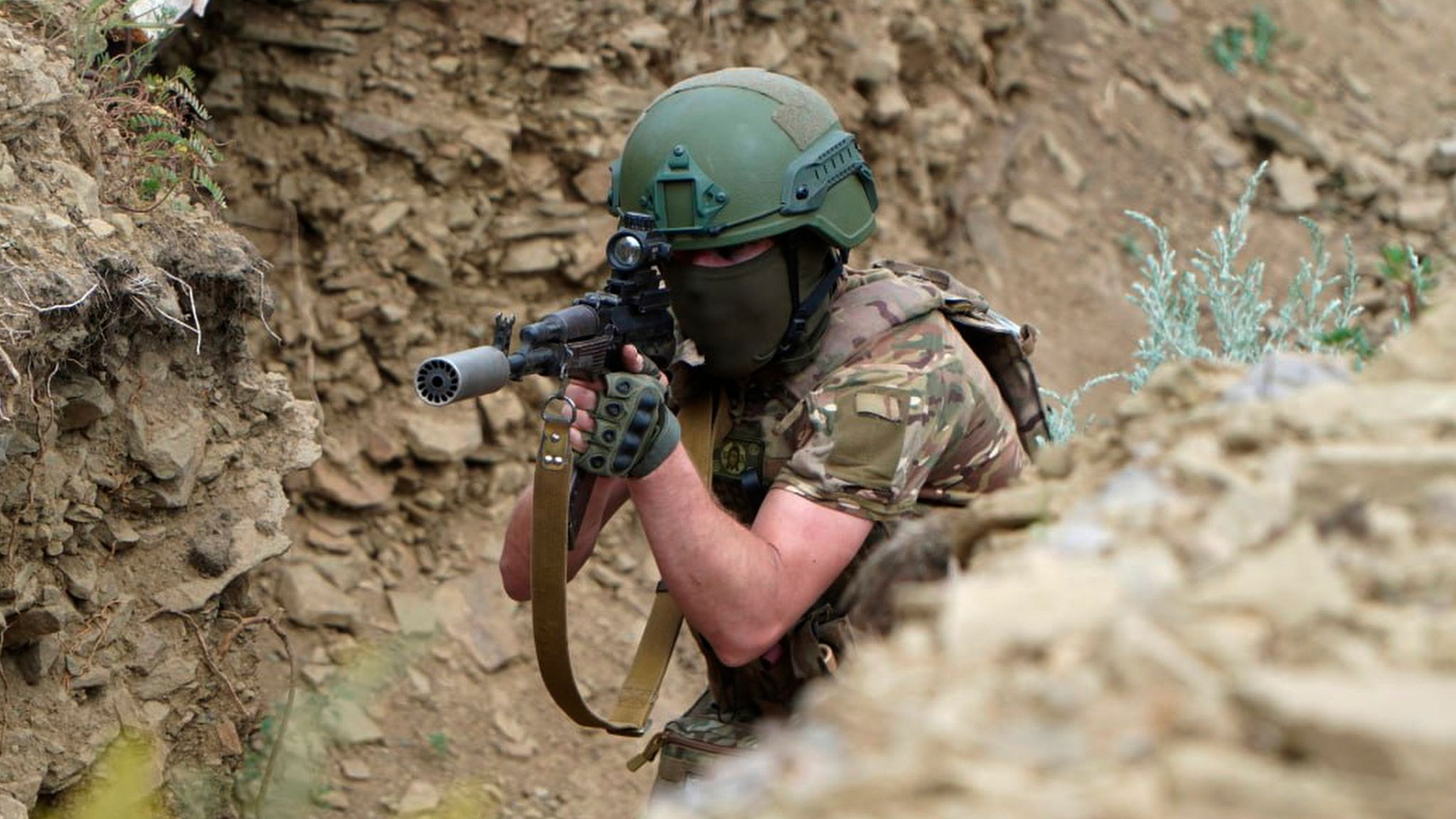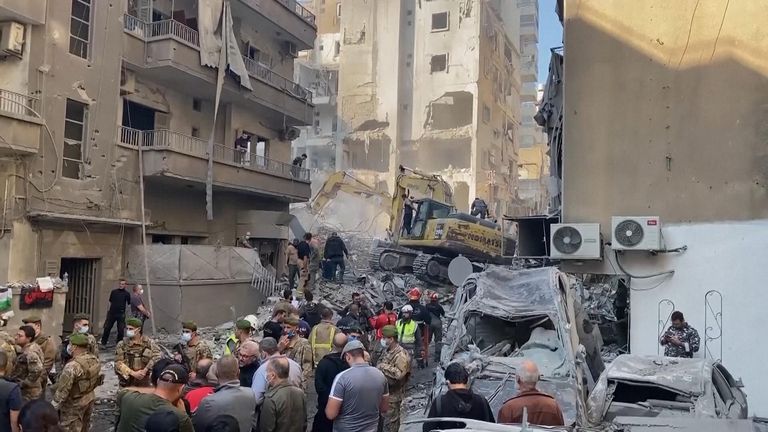Russia-Ukraine war exposed human rights ‘double standards’
Amnesty International publishes annual report highlighting the state of human rights in more than 150 countries.

The invasion of Ukraine has exposed the “double standards” of human rights internationally, a new Amnesty International report has said, with the West adopting a tough response to Russia’s war of aggression while also maintaining a “deafening silence” on rights abuses around the world.
The UK-based rights organisation published its annual 2022 report on Tuesday, highlighting the state of human rights in 156 countries.
“In 2022, we had the fantastic example of how the world came to support and show solidarity with the Ukrainian people. But we did not have a similar kind of support and solidarity for the Palestinian people, the people of Ethiopia, Myanmar, and the Democratic Republic of Congo,” Agnes Callamard, Amnesty’s secretary-general, told Al Jazeera from Paris on Monday.
The international response to Russia’s invasion of Ukraine was “robust and welcomed”, characterised by public denunciations and marked by “strong calls against the many war crimes being committed”, Callamard said.
“It was also marked by commitment and actual actions to support international investigation into those war crimes. The International Criminal Court did intervene very quickly and frankly, very unusually,” she added.
In March 2022, International Criminal Court (ICC) Prosecutor Karim Khan said he was opening an investigation into alleged war crimes in Ukraine, dating as far back as the 2013 Maidan protests. At that time, demonstrations erupted in central Kyiv against the country’s then-Russia-friendly government and persisted until the fall of then-President Viktor Yanukovych’s administration in early 2014.
Earlier this month, the ICC issued an arrest warrant for President Vladimir Putin for allegedly committing war crimes in Ukraine.
Callamard said because the reaction to Ukraine had been so “multifaceted”, covering many dimensions including the issue of Ukrainian refugees, it made the “silence, the indifference and the neglect very glaring” when compared with other instances of human rights violations.
The Amnesty secretary-general said that while the report had many examples of double standards regarding human rights, the occupation of the Palestinians was a “particularly important one”.
“Without making any comparison between Russia’s aggression and Israel … it is clear the Palestinian people are under a regime of oppression. A regime of occupation and a regime of apartheid,” Callamard told Al Jazeera.
“At a time when the international community did so much … for the people of Ukraine, the people of Palestine lived through the most deadly year in decades,” Callamard noted.
More than 150 Palestinians were killed in the occupied West Bank and occupied East Jerusalem last year, including 36 children. In May, Al Jazeera reporter Shireen Abu Akleh was killed by an Israeli soldier while covering a raid in Jenin, leading to worldwide condemnation.
The Amnesty report also condemned Europe’s approach and attitude to Ukrainian refugees compared with refugees from other nations.
“Generous reception of most people from Ukraine stood in sharp contrast to the often violent rejection and abuse of refugees and migrants at Europe’s external borders,” Amnesty said in the report.
“This double standard revealed the racism inherent in European Union’s external border policy and practice,” it said.
In the United States, the report notes that 25,000 Haitians were expelled between September 2021 and May 2022 without due process, a move that runs counter to international law.
Among other crises highlighted in the report, Amnesty said the more than two-year-long civil war in Tigray, Ethiopia, was one of the “deadliest in recent memory”. According to some estimates, hundreds of thousands of people involved in the conflict were killed last year alone, and countries such as Mali, Venezuela and Yemen were also plagued by armed fighting or systemic violence “associated with human rights violations”.
Ukraine should provide a “blueprint” internationally for what needs to be done to protect a population from serious rights abuses, Callamard told Al Jazeera.
“What can be done for Ukrainian refugees, surely can be done for Syrian refugees,” she said.
“What are the reason for the international community not to multiply what they have done for the Ukrainian people and do that for other people? The only response to that question will be self-interest,” she added.
Asked if she was optimistic about the state of human rights in 2023, Callamard said: “Sadly, while we do have a good model with Ukraine … we don’t have a great deal of trust that countries can act in ways that focus on the global and universal good and … rules that apply for everybody everywhere.”
-al jazeera







